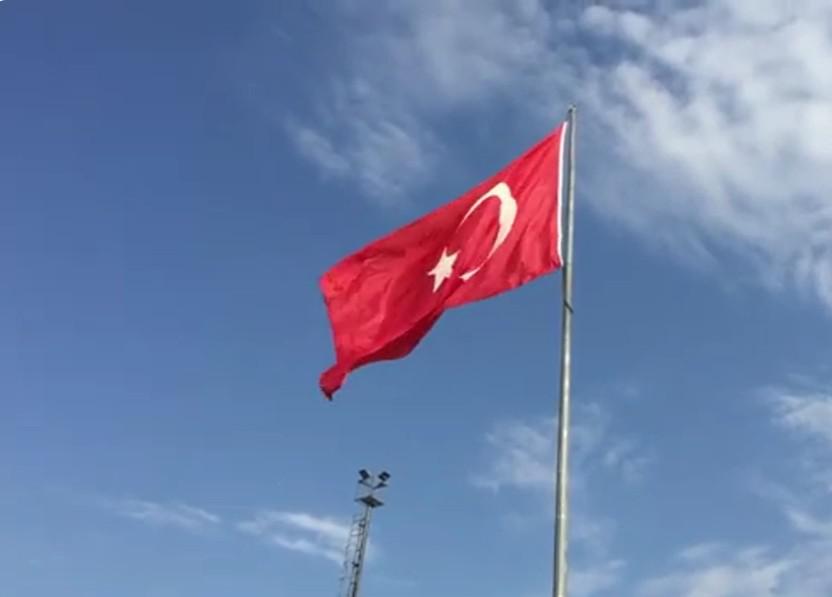Before the 2027 parliamentary elections, Turkish President Recep Tayyip Erdoğan told the cabinet to totally cut off access to illegal iGaming operators. He took charge of the matter for the first time and labeled gambling “a social plague that destroys families and faith.”

The Turkish government, following the initiative of President Erdoğan, has launched a sweeping initiative to root out illegal online gambling platforms ahead of its upcoming parliamentary elections in 2027. In a move described as the toughest on the issue to date, the cabinet has been instructed to coordinate a full-scale effort targeting unlicensed internet betting operations.
Key elements of the crackdown include a directive for financial regulators and intelligence agencies to develop a comprehensive strategy aimed at identifying and shutting down offshore operators issuing services to Turkish residents. Officials mention jurisdictions such as Malta, Montenegro, North Macedonia, and Georgia as focal points for disruption efforts.
Illegal iGaming (internet gaming) has for years operated in a regulatory grey area in Turkey. Although casinos were banned in the late 1990s and non-state online gambling outlawed in 2006, black-market activity persists.
With gambling addiction, money-laundering risks, and social-impact concerns mounting, authorities say the timing is critical. The campaign is explicitly framed as a “social protection” measure to safeguard families and public faith, rather than purely an economic or regulatory move.
Observers say that this campaign marks a shift: from prosecuting individual players to pursuing the platforms themselves, especially those anchored offshore. Turkey’s regulatory agencies are signaling they’ll no longer tolerate “facilitated access” from abroad.
That said, the crackdown has drawn skepticism from some quarters. Previous efforts were criticized for being under-resourced or inconsistent. Even one senior government figure questioned the pace and depth of the enforcement earlier this year.
With the 2027 elections on the horizon, the anti-gambling initiative takes on political weight. The government frames the campaign as part of a broader push to promote “family values” and combat what it describes as a social scourge. Whether critics see this as a genuine concern or election-linked positioning, the message is clear: unlicensed iGaming will face far tougher scrutiny.
For offshore operators targeting Turkish users, the implications are significant. Enhanced monitoring, potential financial sanctions, and closer coordination among regulators mean that the landscape will become more challenging.
Experts expect further developments in the following areas:
Turkey’s anti-illegal-gambling drive signals a serious escalation of enforcement in a sector that has long operated in regulatory shadows. With elections approaching and regulators increasingly mobilized, operators and payment intermediaries serving Turkish players without authorization should prepare for heavy headwinds.
